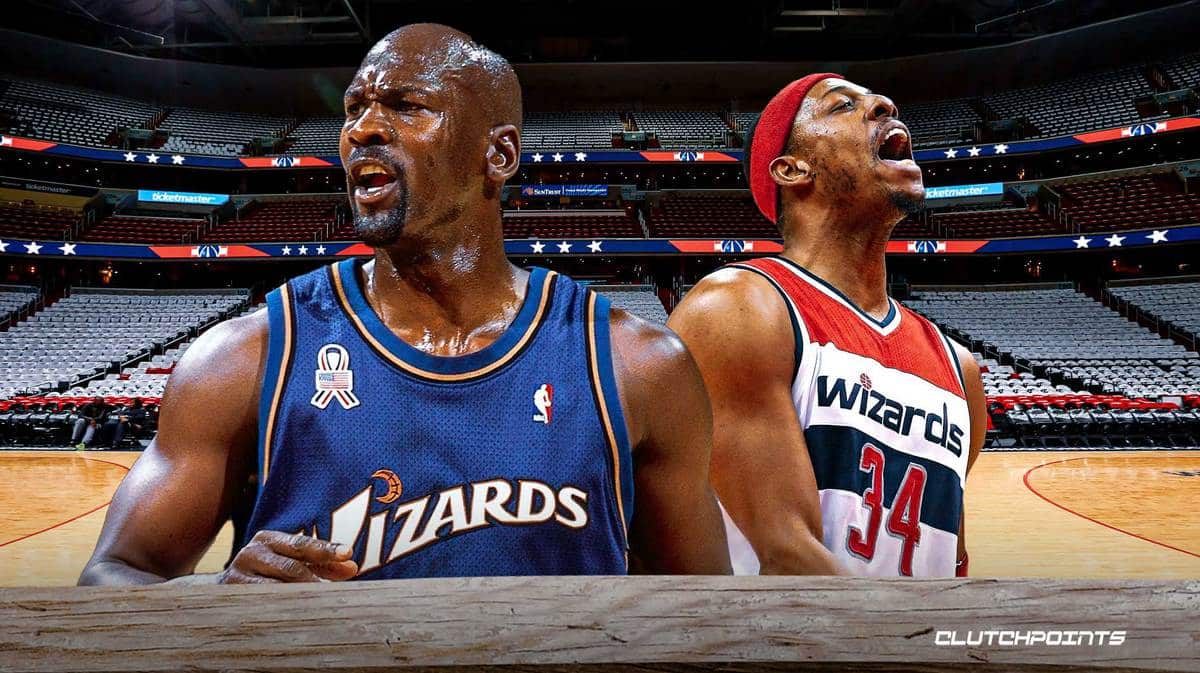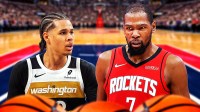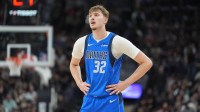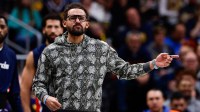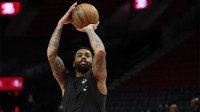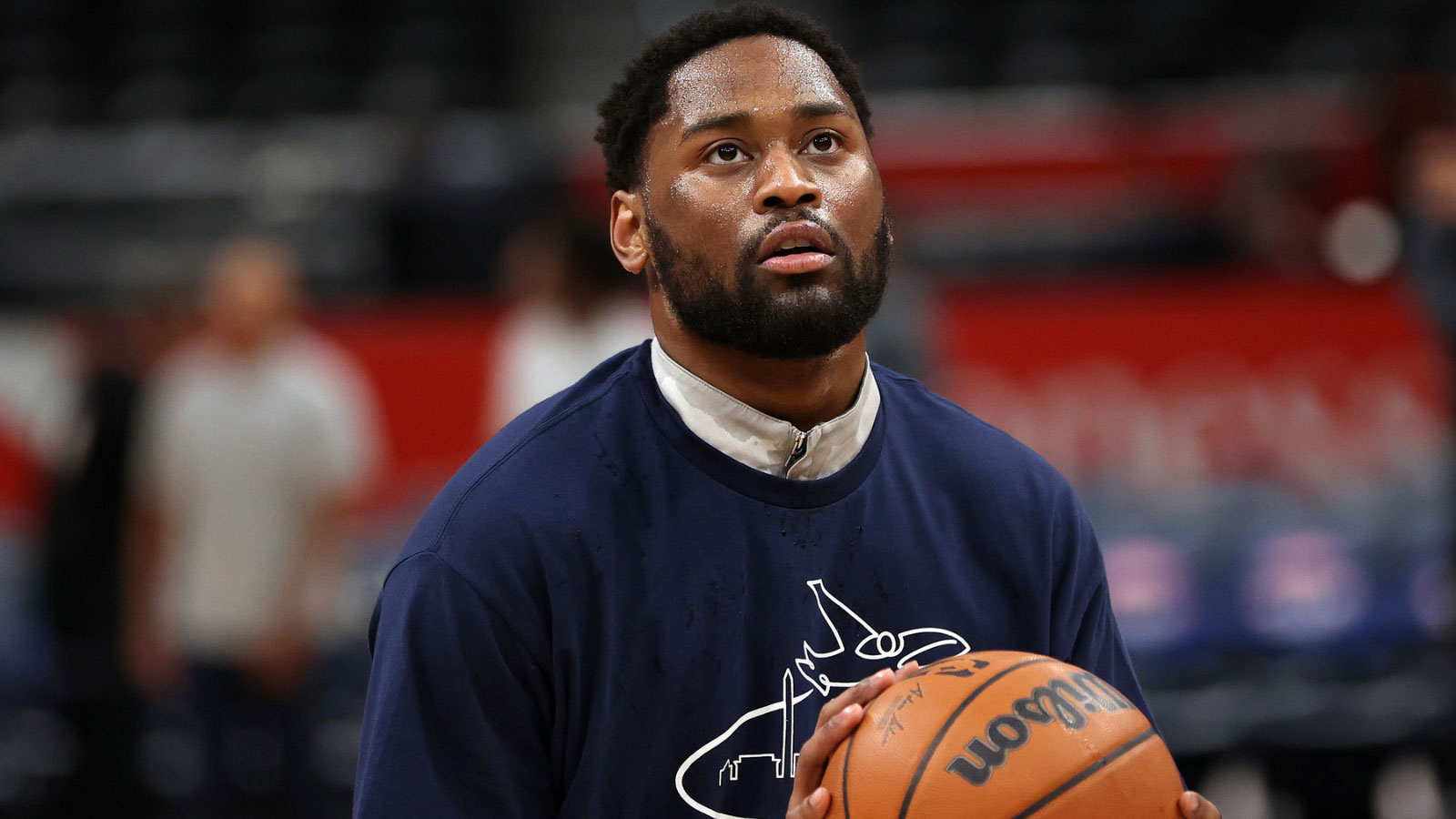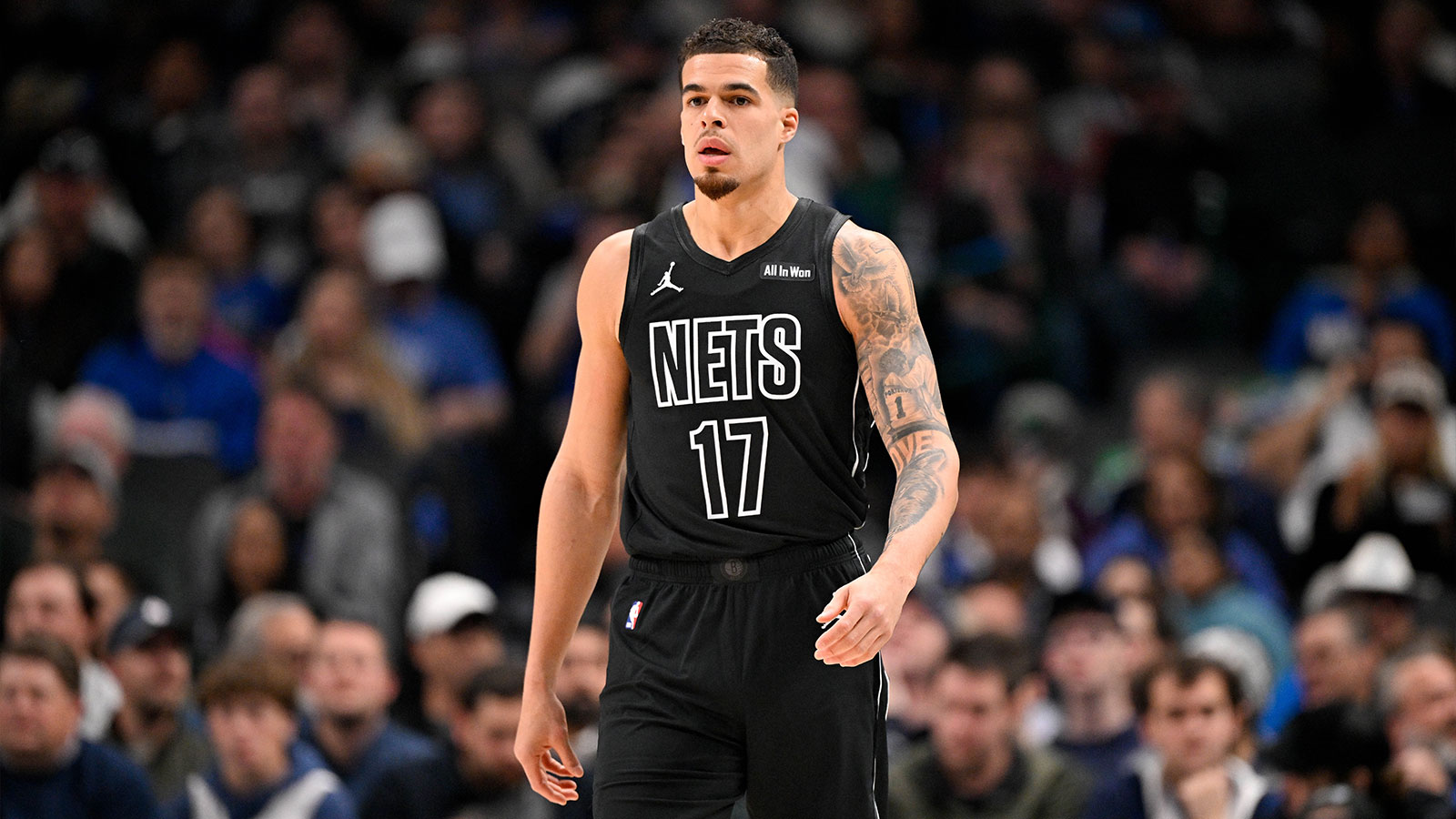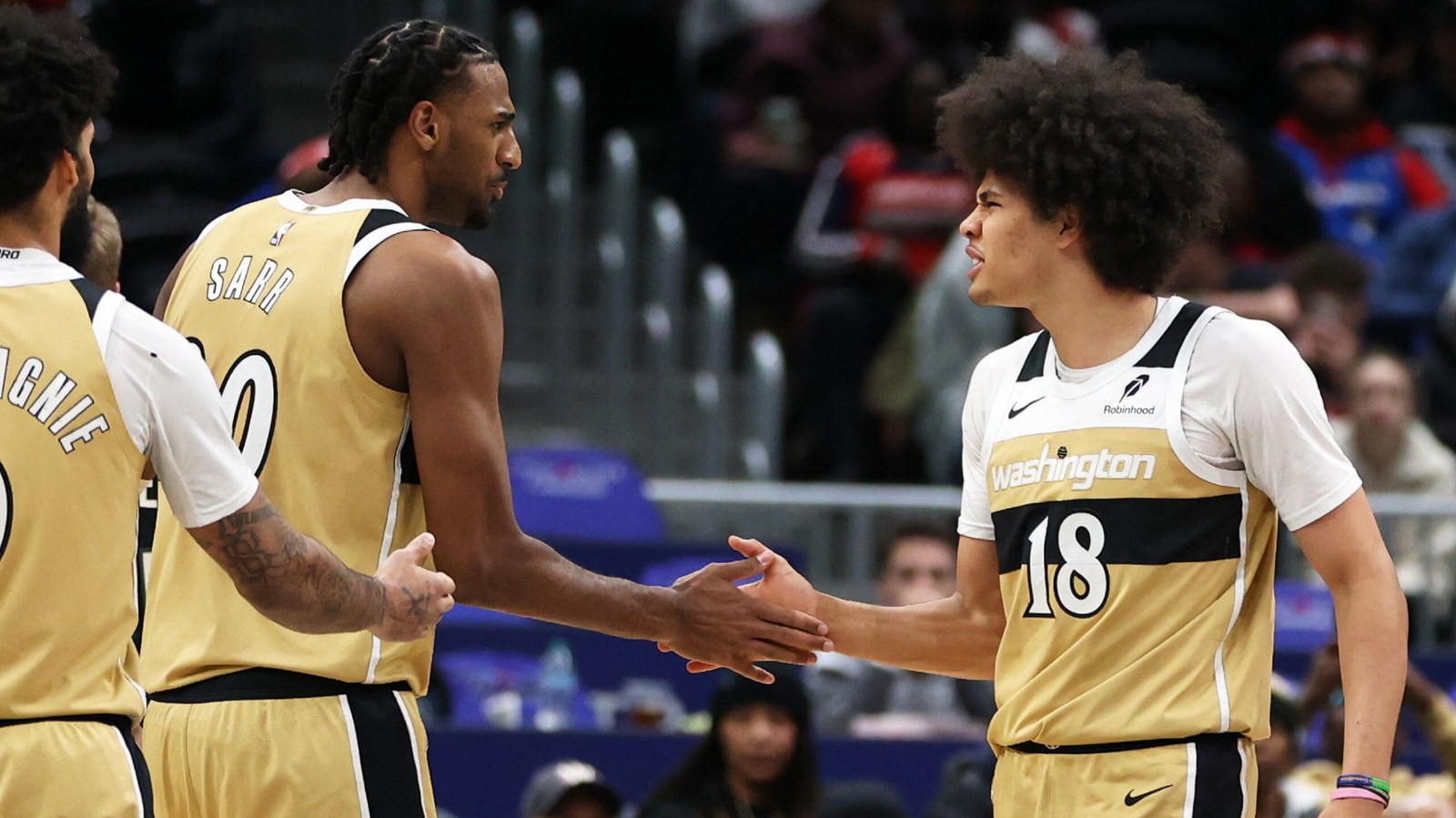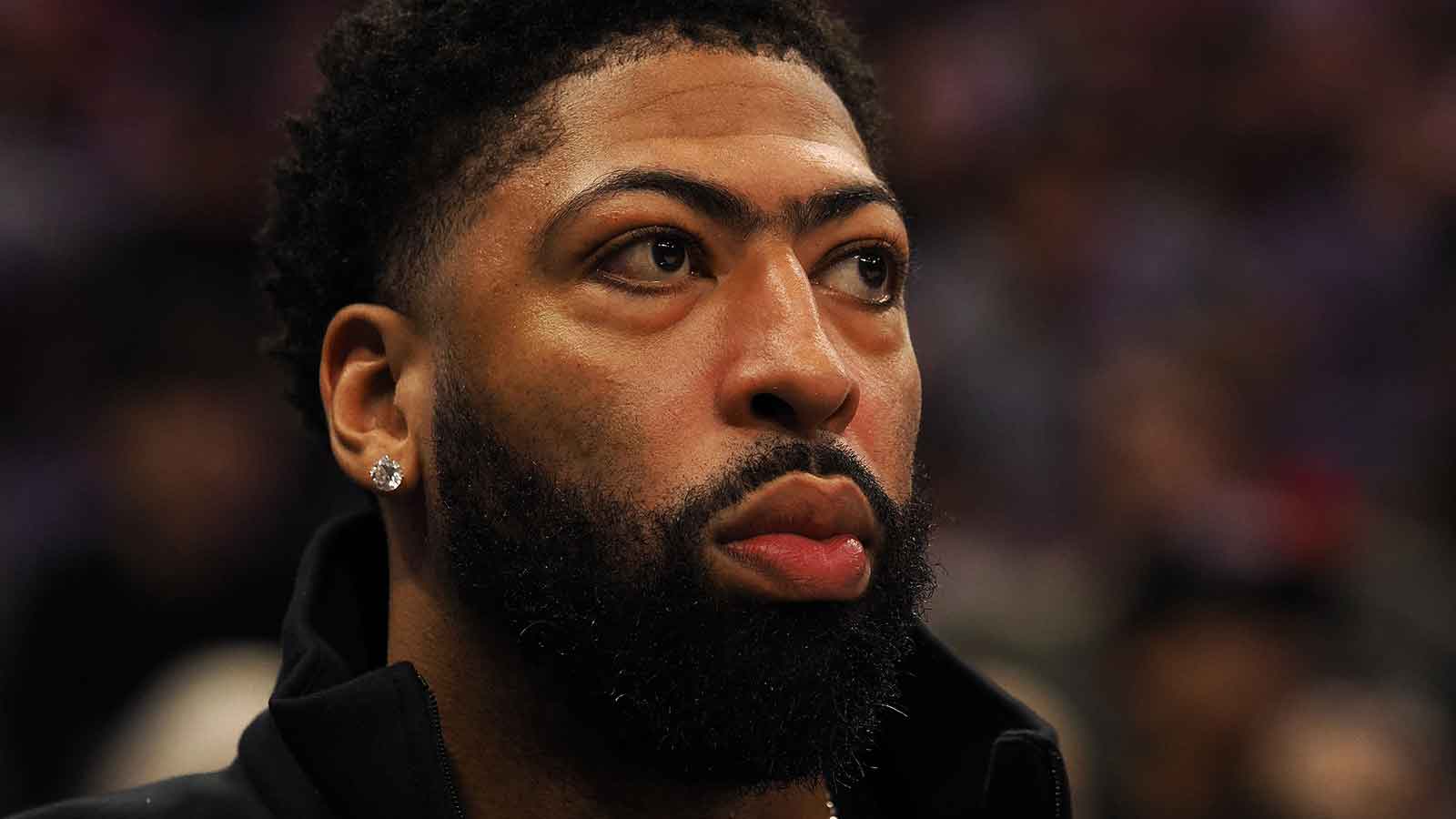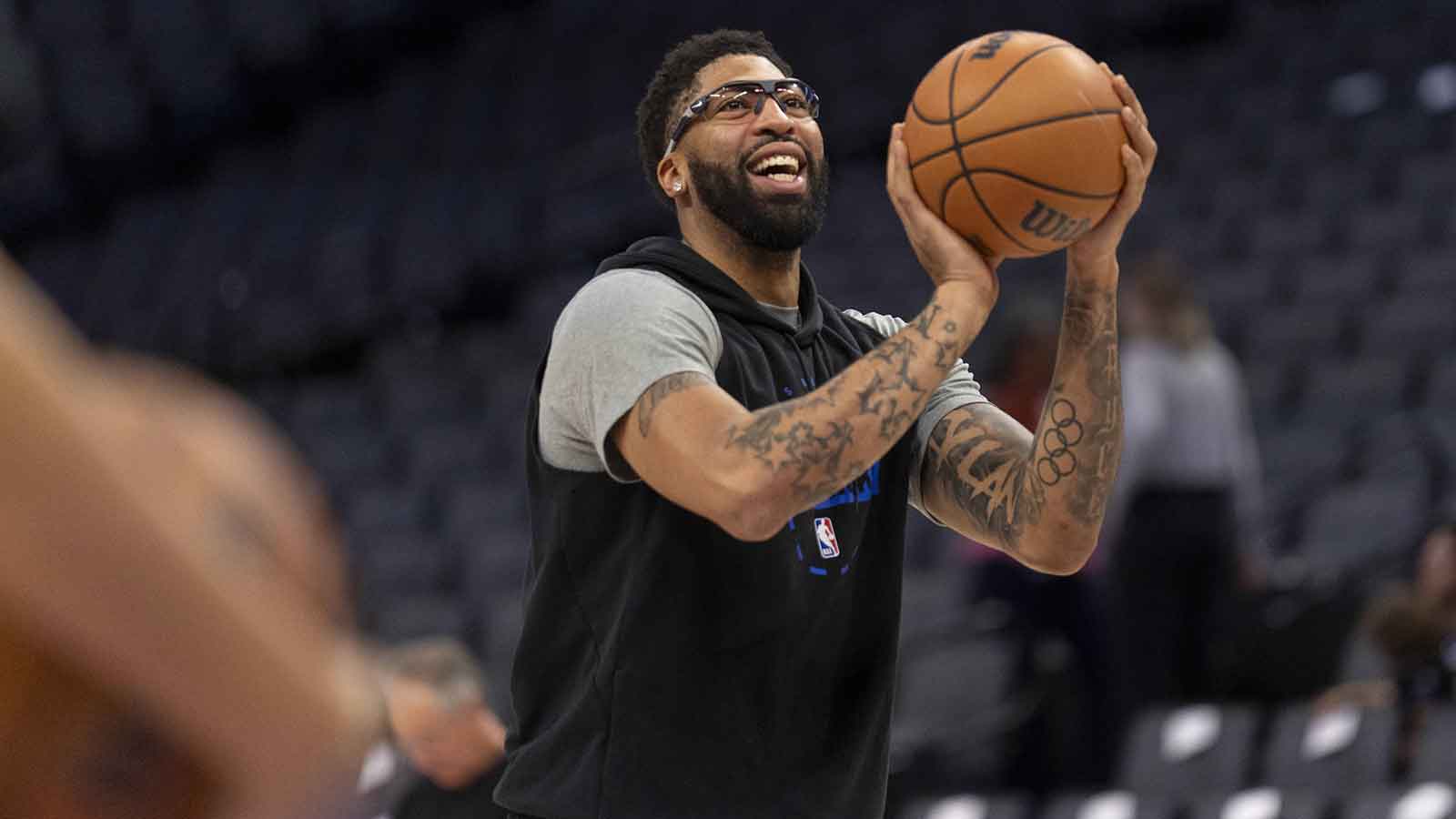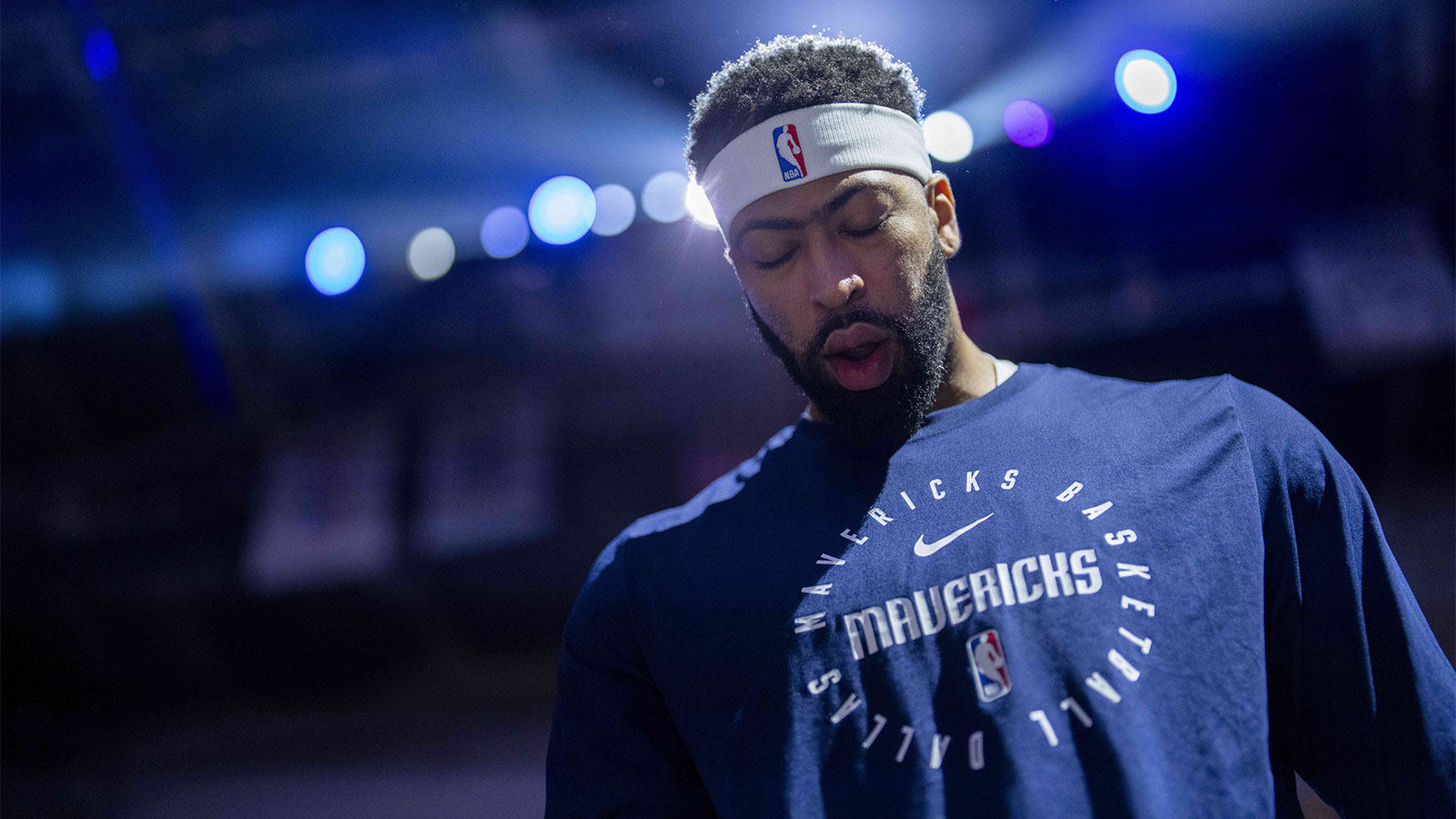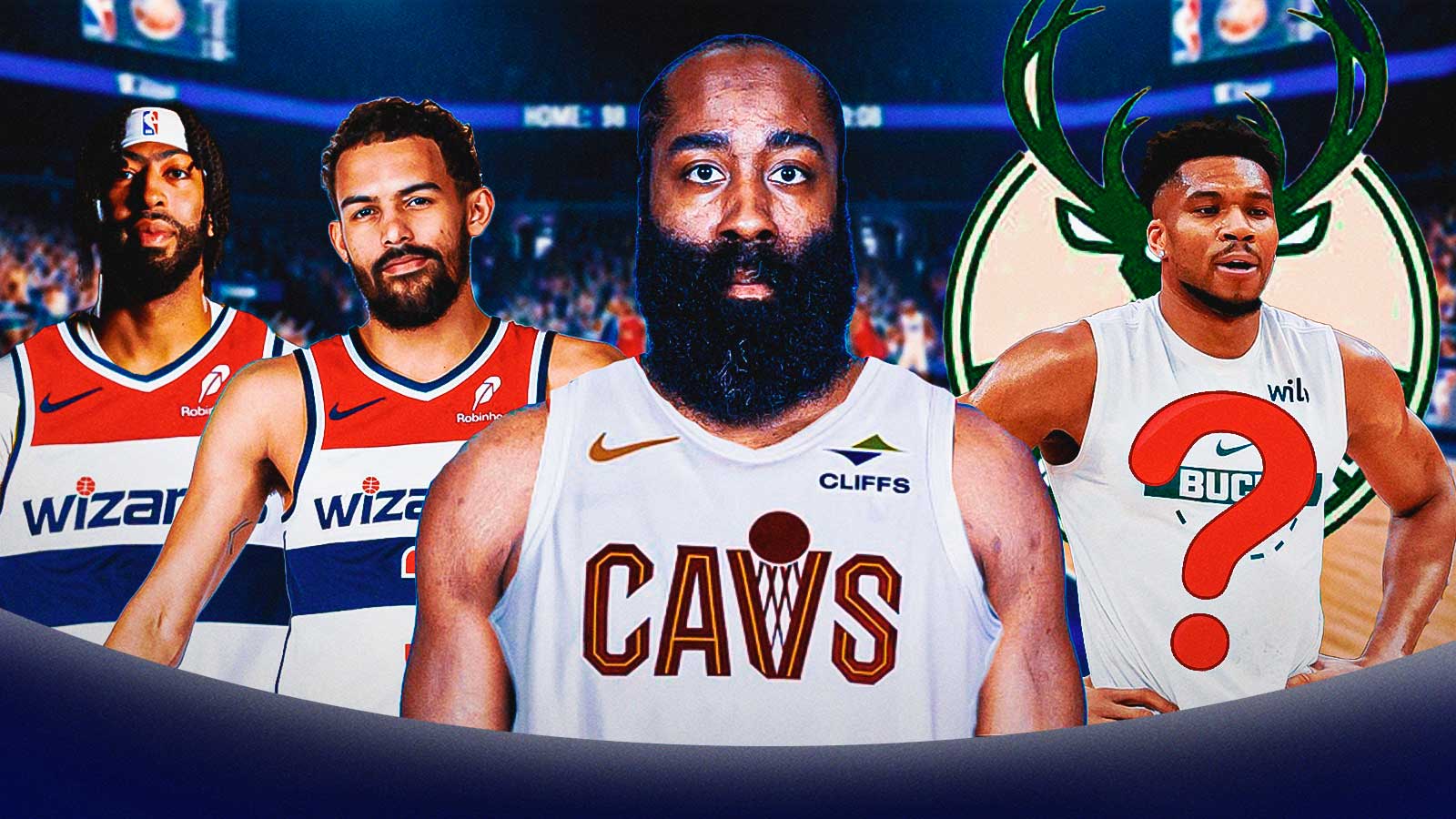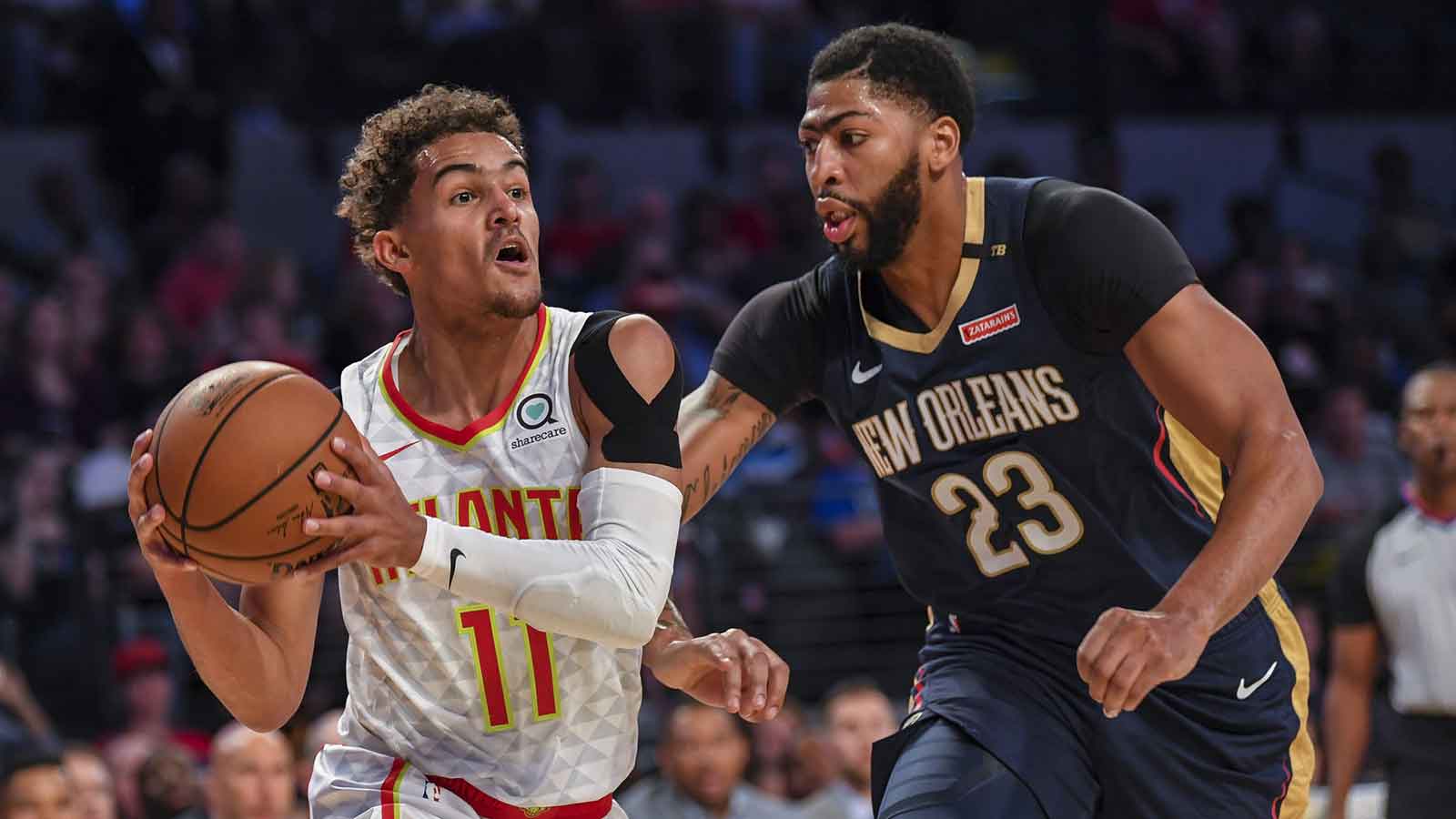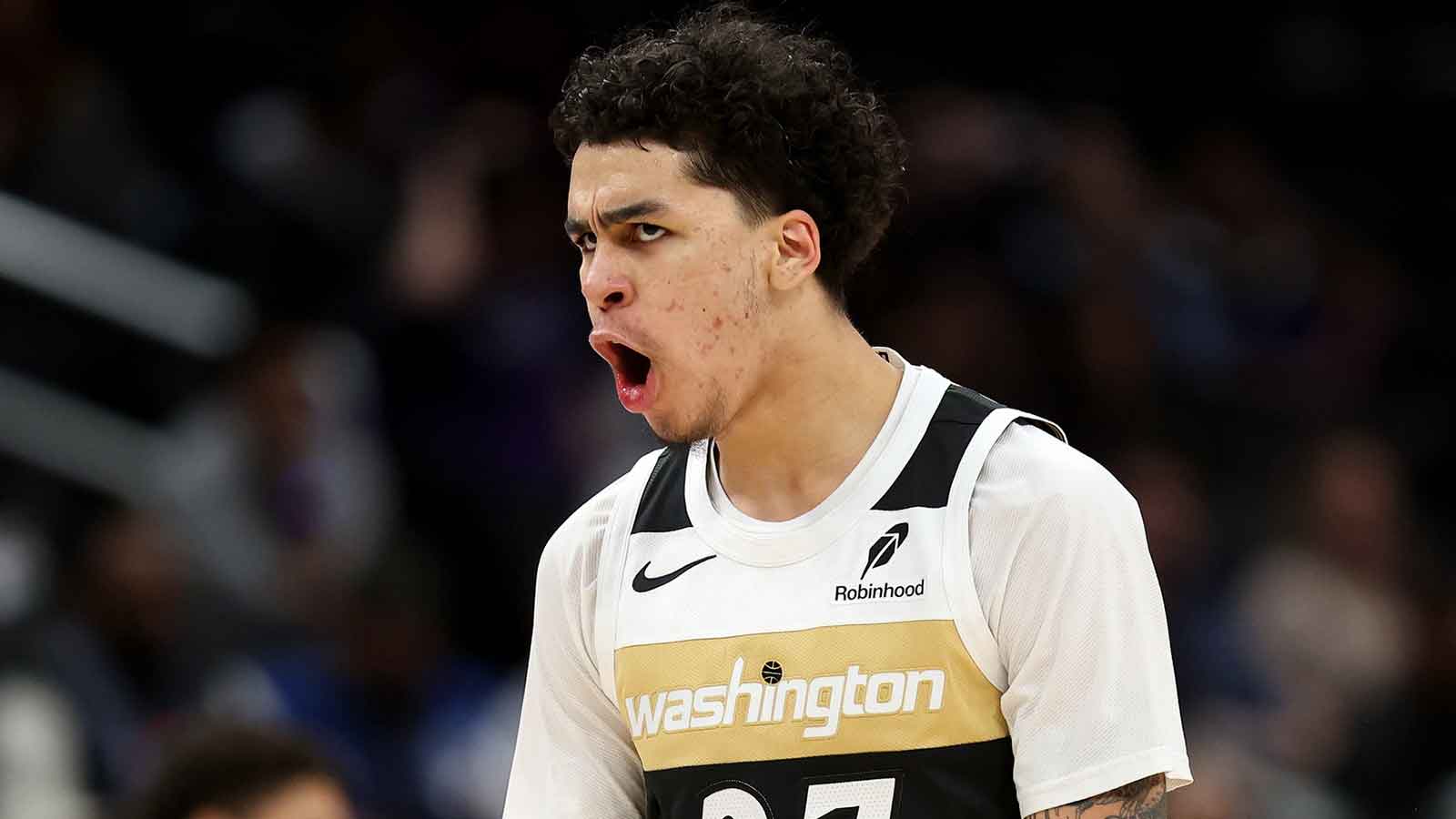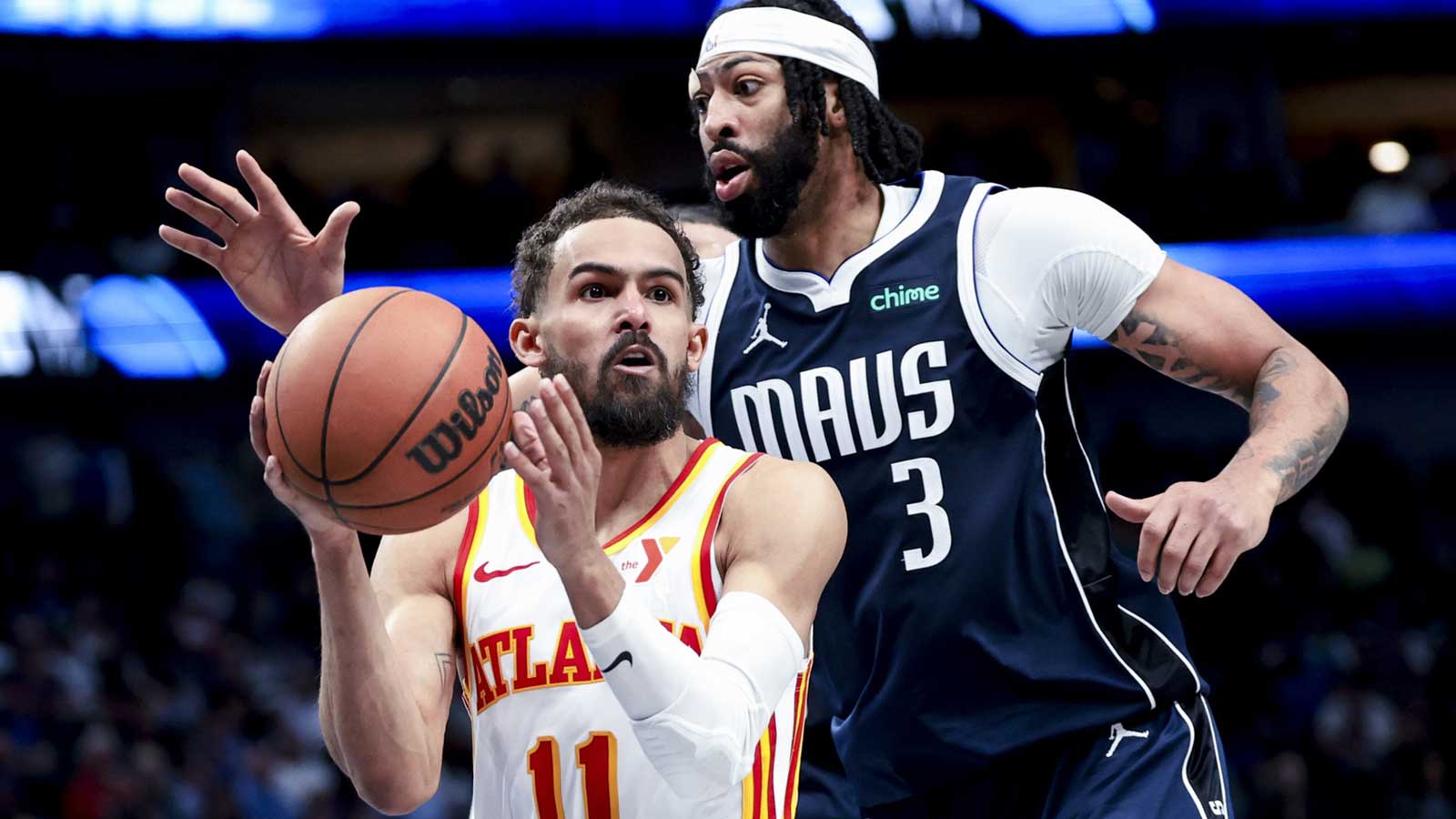The Washington Wizards franchise, like most others, isn't exactly the most attractive destination for top-tier free agents. Nothing beats the glitz and glamour of signing with a big market team based in Los Angeles or New York, after all. But that doesn't mean that the Wizards franchise hasn't made its fair share of impressive signings in free agency.
With that said, here are 10 of the Wizards' best free agent signings in franchise history, including their years as the Bullets and their years based in Chicago in the early 1960s.
10. Tracy Murray
Tracy Murray, coming off an impressive 1995-96 season with the Toronto Raptors, signed a multi-year contract with the Bullets in 1996. Murray became one of the team's main backups, and to his credit, he was more than solid in his role on a team that won 44 games.
In 280 games as a member of the Bullets/Wizards franchise, Murray averaged 11.1 points and 3.2 assists on 42.8 percent shooting from the field and 38.4 percent shooting from deep.
9. Spencer Haywood
By the time the Bullets signed Spencer Haywood, the Hall of Famer was already on his last legs, with his best days long gone. But that didn't prevent Haywood from providing the team with some positive impact.
During the 1981-82 season, Haywood averaged 13.3 points and 5.6 rebounds for the team, not exactly groundbreaking numbers. But it's in the playoffs where Haywood truly shined. Coming up against a powerhouse Boston Celtics squad, Haywood gave it his all even as the Bullets found themselves on a wrong end of a five-game series defeat, averaging 22.2 points and 5.6 rebounds to try and combat the combined firepower Larry Bird and company had.
8. Ben Wallace
Plucked off the undrafted free agent bin, Ben Wallace didn't exactly light the world on fire during his time as a member of the Bullets, which later on became the Wizards in his second season with the team. But by his second pro season, it was becoming evident that the Wizards had unearthed the gem when they signed the defensive-minded big out of Virginia Union.
Wallace had an impressive block rate, and by his third season, he had begun earning the trust of the coaching staff, playing upwards of 26 minutes per game.
However, in a shortsighted bid to improve quickly, the Wizards dealt Ben Wallace away to the Orlando Magic for veteran big man Isaac Austin. Austin wasn't even a clear-cut upgrade, so relinquishing Wallace in that deal was such a bad move both at the time and in retrospect. Wallace wouldn't fully hit his stride until he arrived in Detroit, but credit must go to the Bullets/Wizards franchise for unearthing him off of the scrap heap.
7. DeShawn Stevenson
In need of another shooter and a better defender at the point of attack, the Wizards signed DeShawn Stevenson to a four-year, $15 million deal to partner him with Gilbert Arenas in the backcourt. Stevenson proved to be worth the contract he signed, as he was very durable for the Wizards in his first two seasons with the team, failing to miss a single game (regular season and postseason combined) and he took on the tough defensive matchups for the team on the perimeter.
Stevenson became one of the team's most contagious personalities, as he brought his brand of swagger and tenacity in every minute he played for the Wizards. During their playoff battles against LeBron James and the Cleveland Cavaliers, it was Stevenson who fearlessly stood up to the King and annoyed him relentlessly, engaging in a full-blown beef even as the Wizards fell short three seasons in a row against the Cavs.
6. Paul Pierce
It's always difficult to evaluate where to put players who spent just one season with the franchise on these kinds of lists. But in Paul Pierce's case, he's definitely deserving of this spot, especially after his heroics for the Wizards in one of the most thrilling seasons in recent memory for the franchise in the nation's capital.
With Otto Porter not yet ready for the big time, Pierce stepped in as a crucial piece for a Wizards team that made some noise in the postseason. John Wall and Bradley Beal had their fair share of shortcomings in the clutch during their playoff run in 2014, so adding Pierce was important in giving the team someone who would take big shots without fear and make them without hesitation.
That is exactly what Paul Pierce did for the Wizards. He hit a ton of clutch shots for them, including a game-winning bank-shot triple that gave them a 2-1 series lead in their second-round matchup against the Atlanta Hawks.
It's a shame, however, that Pierce only played one season for the team, as he later on moved to the Los Angeles Clippers to reunite with his former head coach Doc Rivers.
5. Larry Hughes
The Wizards do love picking up players from the Golden State Warriors, with Larry Hughes being one of them. Hughes, after four meh to solid seasons with the Dubs, signed with the Wizards in 2002, teaming up with Jerry Stackhouse and Michael Jordan to try and lift the team up to playoff contention. But the 2002-03 season didn't exactly go according to plan for the Wizards, as they scuffled to a 37-45 finish.
In the aftermath of Jordan's retirement, however, Hughes now had a ton of opportunity to grow on offense as he now found himself in a higher place on the team's pecking order. In his third full season with the team, he broke out in a huge way, averaging 22.0 points, 6.3 rebounds, and 4.7 assists as the second option to Gilbert Arenas on a team that won 45 games and made it all the way to the second round of the playoffs.
Larry Hughes was then able to parlay this solid production into a huge contract with the Cavs where he was unable to live up to the hype of being LeBron James' sidekick.
4. Michael Jordan
After the Chicago Bulls' last dance in 1998, it seemed like Michael Jordan was going to step away from the game for good this time. Jordan had nothing left to prove, as he had won six championships, including two separate three-peats, to cement his claim as arguably the greatest NBA player of all time. But he simply found the temptation to return to the court too difficult to resist.
Jordan, not too long after accepting a role as part-owner and president of the team, wanted to suit up for the team instead of helming the controls behind the scenes. And to Jordan's credit, he was still capable of some magical moments on the court. During those two seasons with the team, he averaged 21.2 points, 5.9 rebounds, and 4.4 assists.
However, it was clear that Jordan wasn't the same player, and he failed to lead the Wizards to the playoffs in both of his swan song seasons. He would later get the axe from then-owner Abe Pollin, formally ending his disappointing, to say the least, stint as a member of the Wizards organization.
3. Bernard King
Bernard King made a living out of proving people wrong. The Warriors were one of those teams that gave up on King too early. In 1982, the Dubs inexplicably traded him away to the New York Knicks for Micheal Ray Richardson, with the Knicks reaping the benefits of acquiring a version of King who was hellbent on getting his career back on track after a few years.
However, in 1985, King tore his right ACL, derailing what has been an incredible Knicks career for him at that point. King, in the aftermath of the injury, worked his backside off to return to form, but the Knicks felt like his best days were behind him, letting him go after a six-game cameo in 1987.
The Bullets, thinking on their feet, picked up Bernard King in free agency. And King continued to be an above-average player in the NBA, even if he failed to replicate the heights he reached with the Knicks during his stay in the nation's capital. He put up four solid seasons for the Bullets, including an All-Star campaign in 1991 wherein he averaged 28.4 points, his second-highest average in a single season for his career. Alas, King suffered another injury during that year, cutting short his career's second wind.
2. Gilbert Arenas
In 2003, Gilbert Arenas was a rising star for the Warriors. He had won Most Improved Player after he upped his scoring average by nearly eight points, proving to be a draft steal for a moribund Warriors franchise that was still reeling from years of mismanagement. However, the punches kept on coming for the Warriors when the Wizards came in and offered Arenas a contract in restricted free agency that they couldn't match, securing the star's services for years to come.
Arenas blossomed into full-blown stardom during his second year with the Wizards, leading the team to the playoffs after averaging 25 and 5 on solid efficiency. Hibachi was such a joy to watch in his prime, as he combined his marvelous athleticism with an audacious shot-selection that he backed up with his insane ability to make difficult shots.
During his peak, Gilbert Arenas nearly averaged 30 points on the back of one explosive scoring performance after another. In 2006, Arenas scored 60, going blow for blow against Kobe Bryant. It's a shame that Arenas' prime was cut short by injury, and that many fans now remember him for bringing guns into the Wizards locker room, as on his day, he was as thrilling a player to watch as any.
1. Bob Dandridge
From the 1968-69 season to 1976-77, the Bullets were always in the championship mix. Led by the terrific frontcourt duo of Wes Unseld and Elvin Hayes with Phil Chenier at the controls in the backcourt, the Bullets came close multiple times, including a finals loss to the Milwaukee Bucks in 1971. That 1971 Bucks team was stacked, with the trio of Kareem Abdul-Jabbar, Oscar Robertson, and Bob Dandridge doing immense damage.
Thus, in 1977, it was a big deal when the Bullets acquired Dandridge from the Bucks in free agency. One of the best teams in the league were adding a bonafide star who knew how to win to fill the team's most pressing area of need (wing). As a result, the Bullets, after years of threatening to win a title, finally got over the championship hump, taking home its first (and only to this day) title in franchise history.
Bob Dandridge helped elevate the Bullets considerably. Dandridge gave the team another reliable scoring option from the perimeter to complement the team's twin towers, and as a battle-tested veteran, he elevated his game under the bright lights of the playoffs. During their fateful 1978 postseason run, Dandridge averaged 21.2 points, 6.5 rebounds, and 3.9 assists in 39.3 minutes a night — better numbers than his regular season output.
Dandridge would go on to put up one and a half season's worth more of solid production before declining and eventually returning to Milwaukee for his retirement.

